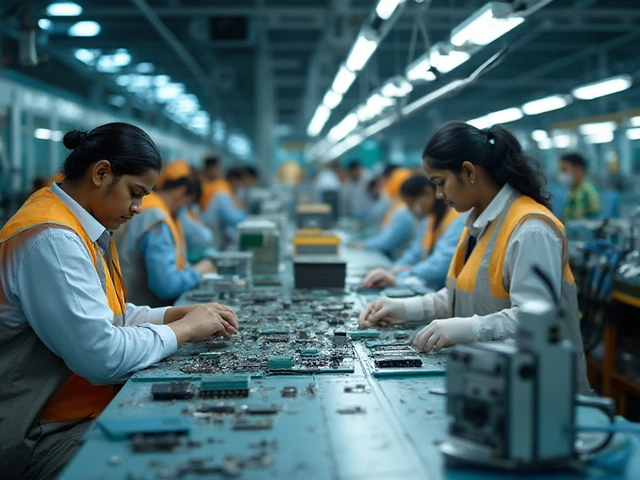Furniture Manufacturers: What You Need to Know
When you start looking for a furniture maker, the first thing you want is confidence that they can deliver what you need—on time, on budget, and with the right quality. Whether you're a small retailer, a big hotel chain, or just a homeowner dreaming of custom pieces, the right manufacturer makes all the difference.
What Makes a Good Furniture Manufacturer?
A solid furniture manufacturer has three core strengths: reliable production, material know‑how, and transparent communication. First, reliable production means they can keep up with orders without shortcuts. Look for factories that share their production schedule, have clear lead‑time estimates, and can handle both small batches and large runs. Second, material know‑how covers everything from solid wood to engineered panels, metal frames, and eco‑friendly fabrics. The best makers know which material fits each design, how it ages, and how to finish it for durability. Finally, transparent communication means you get regular updates, clear pricing, and quick answers when something changes. If a factory hesitates to share details, you might face surprises later.
Another clue is certification. Factories that carry ISO, FSC, or other sustainability badges have proved they follow industry standards. This matters not just for the environment but also for the long‑term strength of your product. A manufacturer that can show you a clean audit report or a list of satisfied clients is usually worth the extra trust.
Choosing the Right Partner for Your Project
Start by defining your project’s scope. Are you ordering a single custom sofa or stocking an entire showroom? Knowing the volume helps you filter manufacturers by capacity. Next, ask for samples. A real‑world piece tells you more than any brochure—feel the finish, check the joints, and see how the cushion holds up.
Pricing is the next puzzle piece. A low quote might hide hidden costs like shipping, tool‑changing fees, or extra finishes. Get a detailed quote that breaks down material, labor, and any add‑ons. Compare a few manufacturers side by side; the cheapest option isn’t always the smartest if it means delays or lower quality.
Location also plays a role. Indian furniture makers, especially in states like Punjab, West Bengal, and Karnataka, combine skilled artisanship with modern equipment. Working with a local factory can cut shipping time and give you easier site visits. If you need international shipping, ask about their export experience and packaging standards.
Finally, test their after‑sales support. A manufacturer that stands behind its work will help you fix any issues quickly. Ask about warranty terms and how they handle returns or repairs. Good support can save you headaches months after delivery.
In short, pick a manufacturer that proves its reliability, knows its materials, communicates clearly, and offers solid after‑sales support. By doing a bit of homework—checking certifications, requesting samples, and comparing detailed quotes—you’ll end up with a partner that turns your furniture ideas into reality without unwanted surprises.
Booming Furniture Industry in India 2025: What to Expect
In 2025, India's furniture industry is set to thrive, driven by urbanization and lifestyle changes. With an increased demand for innovative designs and sustainable practices, manufacturers are eager to cater to evolving consumer preferences. Exploring key growth areas, tech advancements, and export opportunities provide a glimpse into this booming sector. This article sheds light on why now is the prime time for India's furniture industry to shine.
View More




